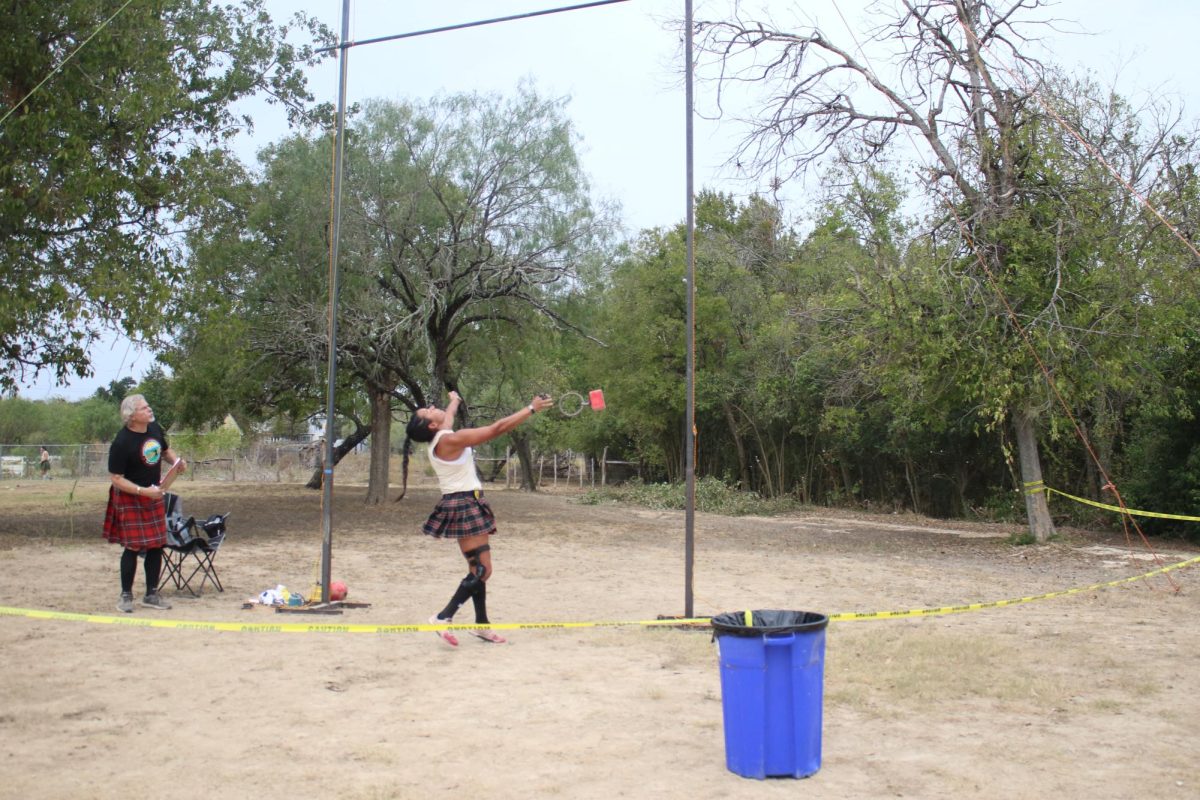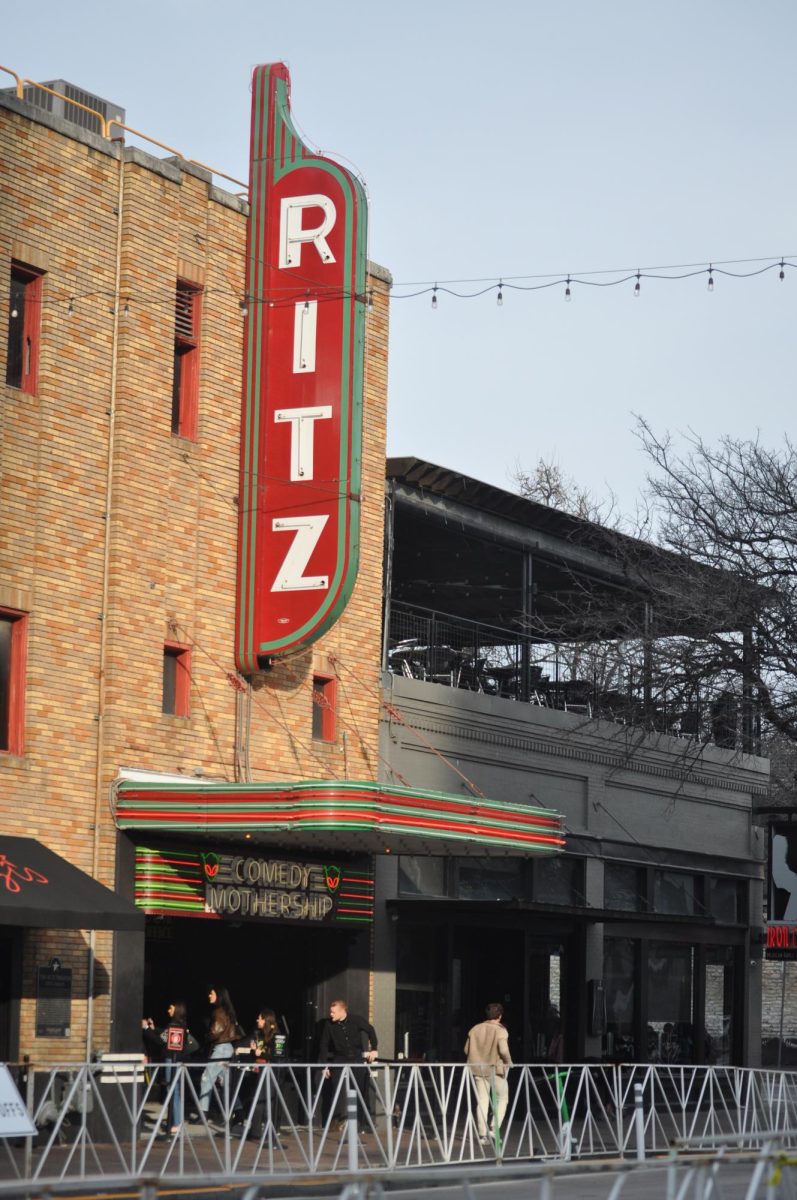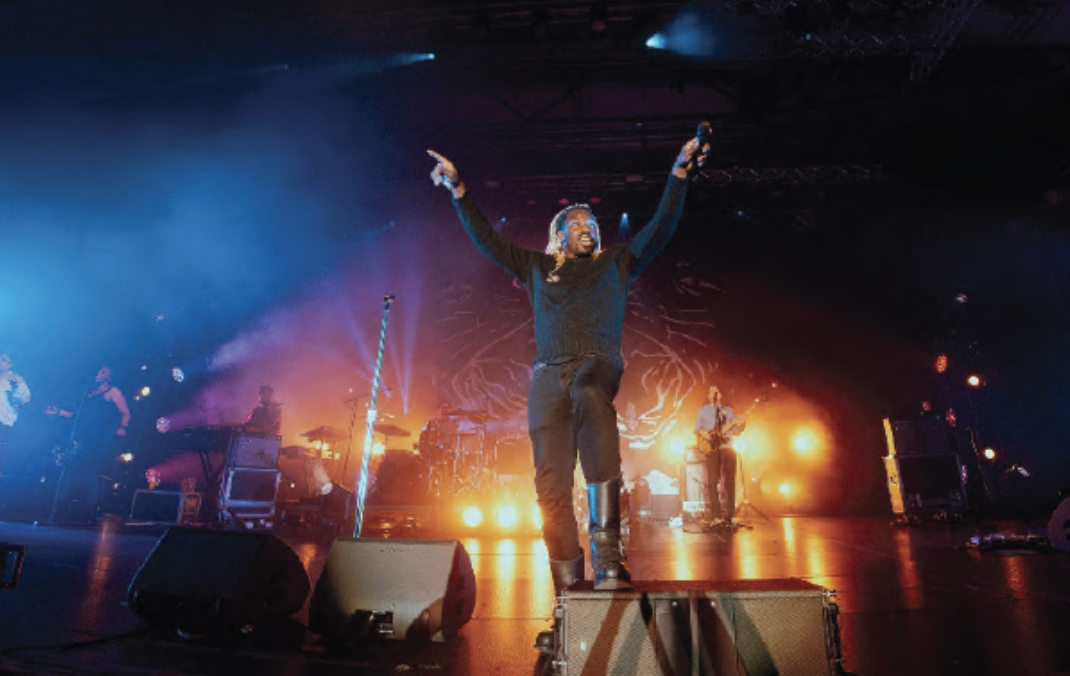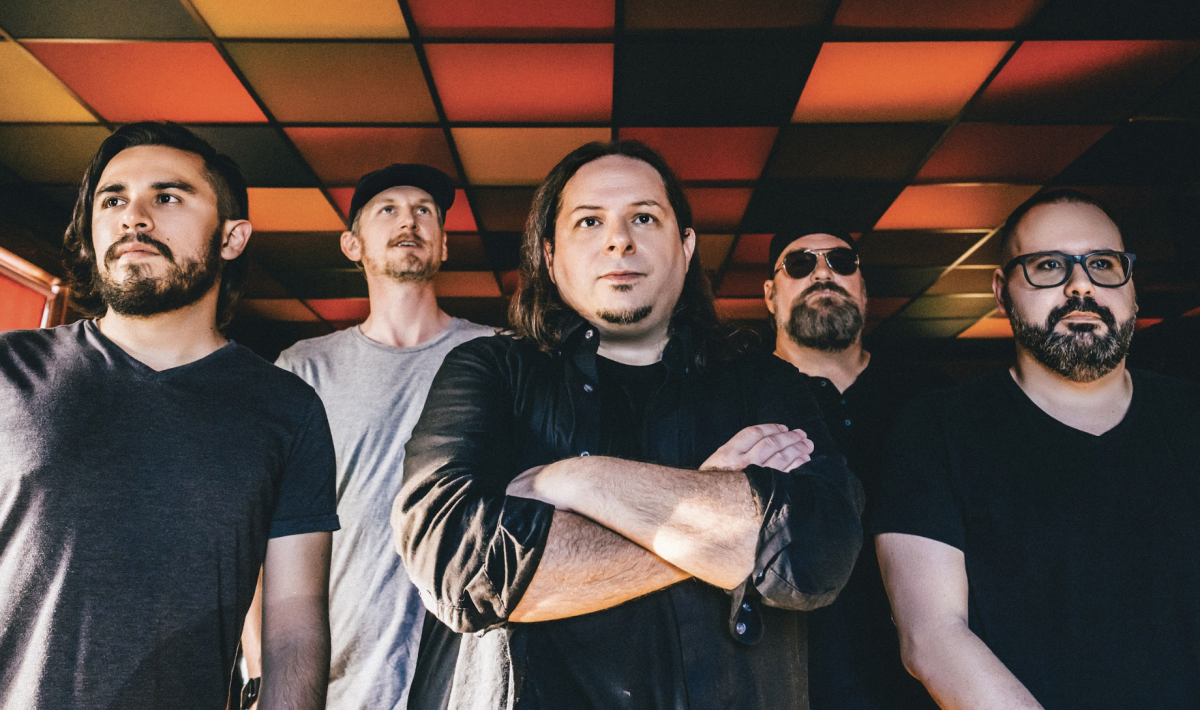Hundreds of attendees strolled the grounds of Pioneer Farms on November 2 and 3 as Irish musicians sang and strummed in a celebration of Celtic culture. Since the Austin Celtic Festival (ACF) was first established 28 years ago, it has united thousands of people from the Celtic Culture together. This year, ACF continued its tradition as an annual event.
Celtic culture encompasses a group of languages and people with roots in Western Europe, including Ireland, Scotland, and Wales. The U.S. now has a larger Celtic population than Europe thanks to a large amount of migration in the 1800s, allowing ACF to attract thousands of guests every year.
One Celtic language spoken in Scotland is Gaelic. Jen LeCompte, a Gaelic speaker and teacher at LASA, explained the cultural significance of the festival.
“We want people to appreciate culture, and it’s such a valid way to do that,” LeCompte said. “There are people that are like, ‘this is the only place I get to see a representation of my identity.’”
Micaela Baab, the athletic director of ACF, took over the role from her father Mike Baab. Under his leadership, athletes at ACF participate in the Highland Games, a Scottish tradition involving throwing heavy objects as far as possible.
“When we have these big groups, it’s equal parts a labor of love and pretty stressful, but when you see it all come together it’s pretty great,” Baab said. “There’s been two world records today, so a pretty good group, and we actually have our first-ever professional class this year.”
Competitions include the caber toss, the sheaf bag toss, the weight for height, and the weight for distance. For the caber toss, one must throw a 135-pound tree trunk end over end, and for the sheaf bag toss, participants try to hurl a bag of straw over a bar. The weight for height requires athletes to get a weight over a high bar, and in the weight for distance competition, the weight must be thrown as far as possible with one hand.
“The history of the games, essentially, is that each event translated to something that needed to be done,” Baab said. “For example, the caber, if you needed to cross the river, you would throw something end over end and then cross the river, or put a bale of hay up in the barn. Or the hammer, legend is that they used the hammer to knock people off their horses.”
Mark Gilg is part of the South Central Irish Wolfhound Rescue and is a regular festival attendee. As a part of the South Central Irish Wolfhound Rescue, Gilg shows other attendees Irish Wolfhounds to help them understand the breed and how big they become, so they can make an informed decision when adopting.
“By the time these guys are a year old, they’re already over 100 pounds,” Gilg said. “People don’t realize the responsibility and the cost that it takes to take care of them.”
Like many Celtic dogs, Irish wolfhounds evolved in agricultural settings in the British Isles. They were used by farmers to hunt wolves that posed a threat to their livestock and family.
“They did their job so well, there are no wolves in Ireland anymore,” Gilg said. “The breed started to die out because people couldn’t afford to feed them for a long time. But then there was a British army captain that brought the breed back, which is what we have now.”
The festival only allows admittance for dogs that have registered for the festival’s Celtic Dog Parade, or that are part of rescue groups like Gilg’s. Rhonda Treadaway, who has been the animal director at ACF since 2012 when the festival’s director offered her the position, manages these regulations.
“I’ve been here 12 years,” Treadaway said. “There are areas of it that are hard work… You’re doing it for months before because people start sending in the registrations in August. So you’re keeping track of all that and making lists and checking it twice and answering people’s questions.”
According to Treadaway, the live music attracts many of ACF’s guests. This year, eight different bands from around the U.S. and the British Isles traveled to Austin to perform at the festival, including Frankie Gavin, a self-taught fiddle player. The music is accompanied by local dance groups and musicians who offer lessons to festival attendees.
“We usually have one big name header that we sometimes bring in from Scotland or Ireland,” Treadaway said. “Frankie Gavin is somebody that we had last year that’s a big star in Ireland.”
The Austin Celtic Festival takes place every November at Pioneer Farms in Northeast Austin. Tickets cost $25 for people over 16 years old and $12 for those 16 and younger.
“There are so many people that have come here to try to start over again or to try to find a life or to try to find opportunity,” LeCompte said. “And it’s like, what is your identity in all of that? What happens when we come over here and what happens in terms of our identity? These are questions that we all face at some point in time.”






